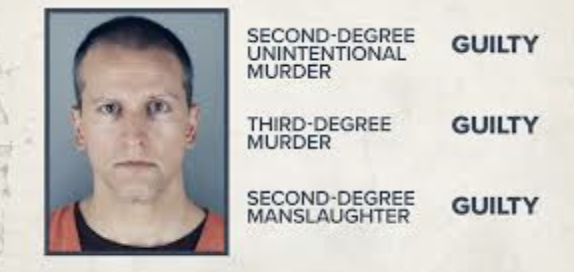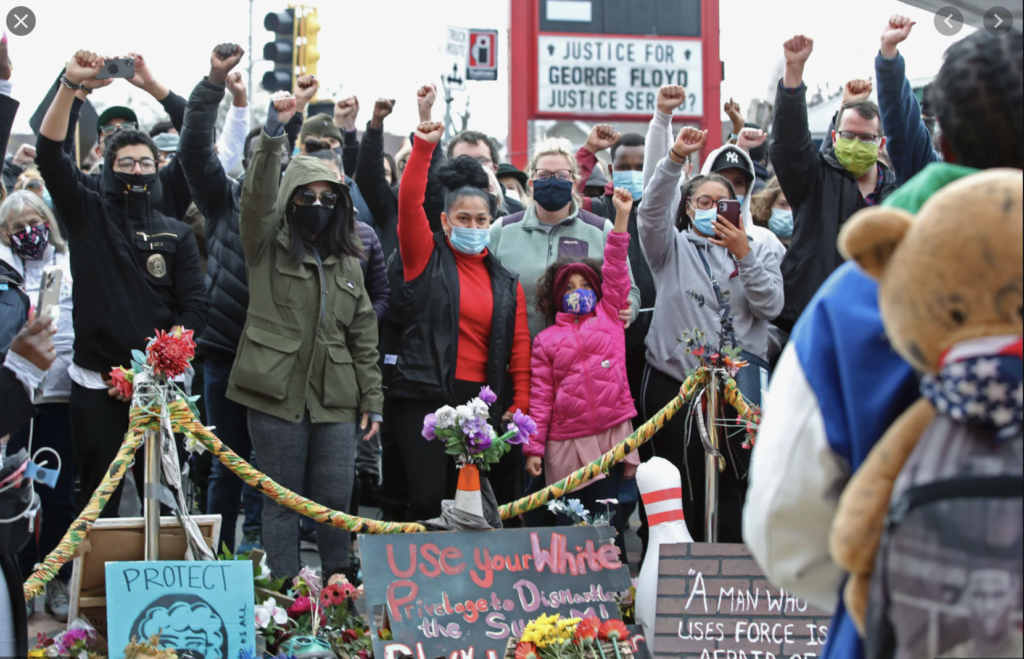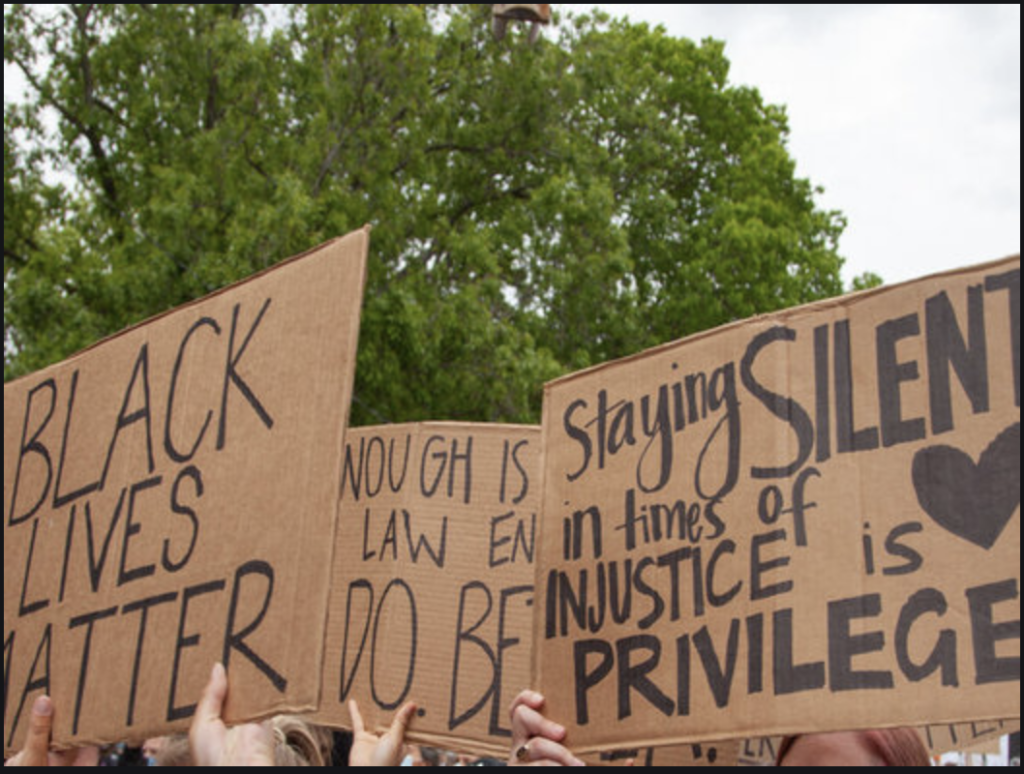If there is one thing relatively certain about Tuesday’s verdict in the Derek Chauvin trial, it’s that many people will overreact to it.
It certainly seems right that Chauvin was convicted on all three counts arising from the death of George Floyd last year. But saying it is some sort of turning point in our justice system is hardly the right conclusion to draw from this.
Imagine the same case without the video of Chauvin pressing down on Floyd’s neck.
Imagine the same case without the testimony of Minneapolis police — including the chief — against Chauvin.
Imagine the same case with a more likable defendant.

Any one of those factors might at least have resulted in a hung jury, so it’s difficult to see this as some sort of sea change in the justice system.
The so-called “blue wall” — the police version of omerta — may have cracked, but it certainly has not shattered. It is still going to be very difficult to get police officers to testify against other police officers.
Then there is the other side of the story, told so eloquently by white supremacist wannabe Tucker Carlson on Fox News.
Carlson responded to the verdict by saying the conviction was a result of the jury saying “Please don’t hurt us” to the black community, because of course, no police officer could be wrong in his dealings with black suspects.

So what comes of this? Maybe not very much on a global scale. Most police officers would not have murdered a suspect by suffocating him in front of witnesses, particularly witnesses with cell phone video capability. But there are far too many cases where police interaction with black citizens turns tragic.
Americans are generally predisposed to support authority figures. After the Ohio National Guard murdered four students in May 1970 at Kent State University, a Gallup poll showed that only 11 percent of people polled said the Guard was to blame, while 58 percent said protesting students were to blame.
To be fair, it’s not difficult to imagine some of that 58 percent thought that of course the students were to blame because it would be terrifying to imagine soldiers with guns just opening fire and shooting people for no reason at all. Besides, if they hadn’t been protesting, this never would have happened.
If there’s one thing we’re good at, it’s seeing other people’s shortcomings.
So what comes of all this? Some will quote Martin Luther King and talk about the arc of the moral universe being long, but bending toward justice.
King actually got the quote from an 1850 sermon by abolitionist minister Theodore Parker, who said something a little bit different.
“I do not pretend to understand the moral universe. The arc is a long one. My eye reaches but little ways. I cannot calculate the curve and complete the figure by experience of sight. I can divine it by conscience. And from what I see I am sure it bends toward justice.”
Justice? There will be justice for Derek Chauvin, who no matter what sentence he gets, will almost certainly die in prison.
George Floyd’s family will miss him for as long as they live.

